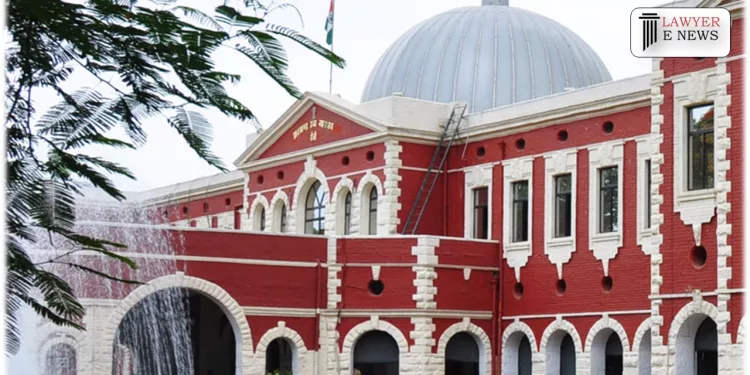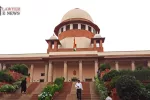Jharkhand High Court Expresses Alarm Over High Acquittal Rates, Calls for Accountability of Investigating Officers

“Every acquittal should be understood as a failure of the justice delivery system,” Supreme Court guidelines emphasized in light of numerous acquittals due to investigative lapses.
In a significant ruling, the Jharkhand High Court has expressed grave concerns over the high number of acquittals in criminal cases within the state, primarily attributed to lapses in investigation. The bench, comprising Acting Chief Justice Shree Chandrashekhar and Justice Navneet Kumar, emphasized the necessity of holding investigating officers accountable, drawing on directives from the Supreme Court’s ruling in State of Gujarat v. Kishanbhai (2014).
The court initiated the proceedings suo moto, addressing the systemic issues within Jharkhand’s criminal justice system. A tabular chart, presented by the assisting counsel to Mr. Mrinal Kanti Roy, G.A.-I, revealed the alarming number of cases that resulted in acquittals due to insufficient evidence. The court inquired about any actions taken against investigating officers responsible for these lapses, referencing the guidelines laid out by the Supreme Court.
Lack of Accountability:
The court underscored the failure of the State’s criminal prosecution system, highlighting that a substantial number of acquittals indicated systemic inefficiencies and lack of accountability among investigative officers. “Every acquittal should be understood as a failure of the justice delivery system,” the bench remarked, echoing the Supreme Court’s sentiment.
Supreme Court Directives:
Quoting the Supreme Court’s guidelines, the bench emphasized the need for a procedural mechanism to scrutinize acquittals and hold responsible officers accountable. “The prosecuting agency should apply its independent mind, and require all shortcomings to be rectified, if necessary by requiring further investigation,” the Supreme Court had directed. These guidelines aim to ensure that only cases with sufficient evidence proceed to trial, thereby reducing wrongful prosecutions and increasing conviction rates.
The court’s ruling is deeply rooted in the principles outlined by the Supreme Court, stressing the importance of diligent and thorough investigations. The Supreme Court had mandated that every acquittal be examined to identify investigative or prosecutorial lapses. “A finding needs to be recorded in each case, whether the lapse was innocent or blameworthy,” the Supreme Court had stated, underscoring the necessity of accountability in the investigative process.
Justice Shree Chandrashekhar noted, “The criminal prosecution system in the State of Jharkhand is in complete disarray,” highlighting the urgency of reform and adherence to the Supreme Court’s directives. The bench further remarked, “The above mechanism formulated would infuse seriousness in the performance of investigating and prosecuting duties, and would ensure that investigation and prosecution are purposeful and decisive.”
The Jharkhand High Court’s order marks a pivotal step towards overhauling the state’s criminal justice system. By emphasizing the need for accountability and adherence to Supreme Court guidelines, the judgment aims to reduce investigative lapses and improve the prosecution process. This ruling is expected to prompt significant reforms, ensuring that the justice delivery system effectively serves the cause of justice and protects the rights of the innocent.
Date of Decision:17th May 2024
The Court on its own Motion v. The State of Jharkhand and another





